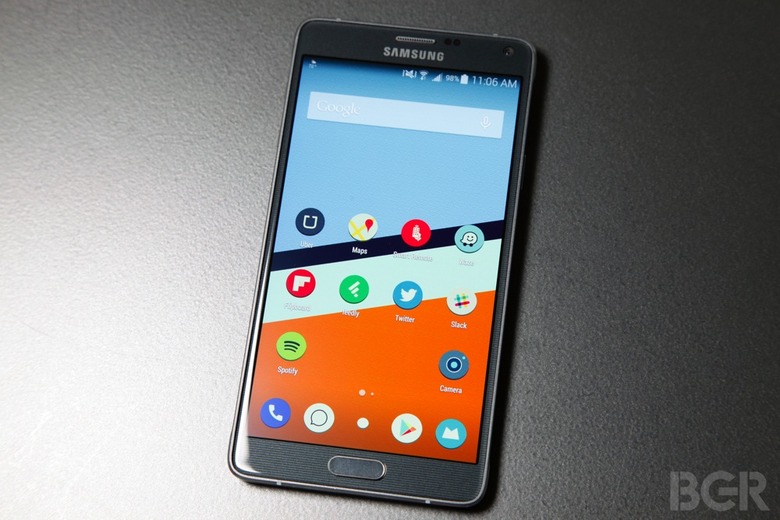Android Fans Will Absolutely Hate Samsung's Explanation For Why Tizen Is So Great
Samsung has been releasing a lot of Tizen-based devices lately including smart TVs, smartwatches and now smartphones. To explain the benefits of Tizen, Samsung has written a new post explaining what the software platform has to offer the world... and it's something that will no doubt annoy any Android fan who's ever owned a Samsung device.
FROM EARLIER: The Galaxy S6 news we've been waiting for may have just leaked
"The benefits of Tizen are very simple: Tizen is 'lighter' than other operating systems," Samsung writes. "In other words, Tizen requires less processing power and memory, thereby ensuring faster device speeds while consuming less energy. As a result, consumers will benefit from a smoother user experience through the likes of shorter boot time, faster web browsing and seamless multitasking, all the while enjoying longer battery life."
Anyone who has ever used TouchWiz is shaking their fists at the skies right about now.
For those of you who don't know, TouchWiz is Samsung's own overlay for Android that is notorious for degrading the platform's performance and creating a sub par user experience. In fact, TouchWiz is so bad that even some dedicated Samsung fans have taken to ripping it for "the insane amount of lags, stutters, and waiting times" it produces on their favorite devices.
The fact that Samsung is just now seeing the value of producing a "lighter" operating system when it's been clogging Android with TouchWiz and assorted bloatware for years is amusing to say the least.
